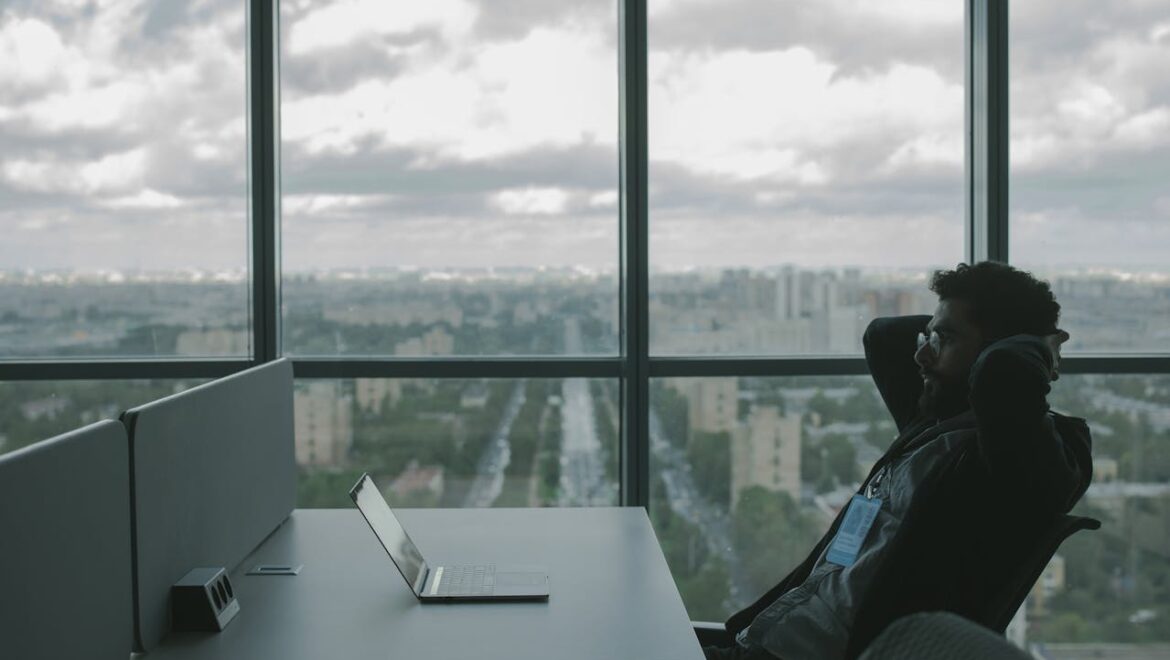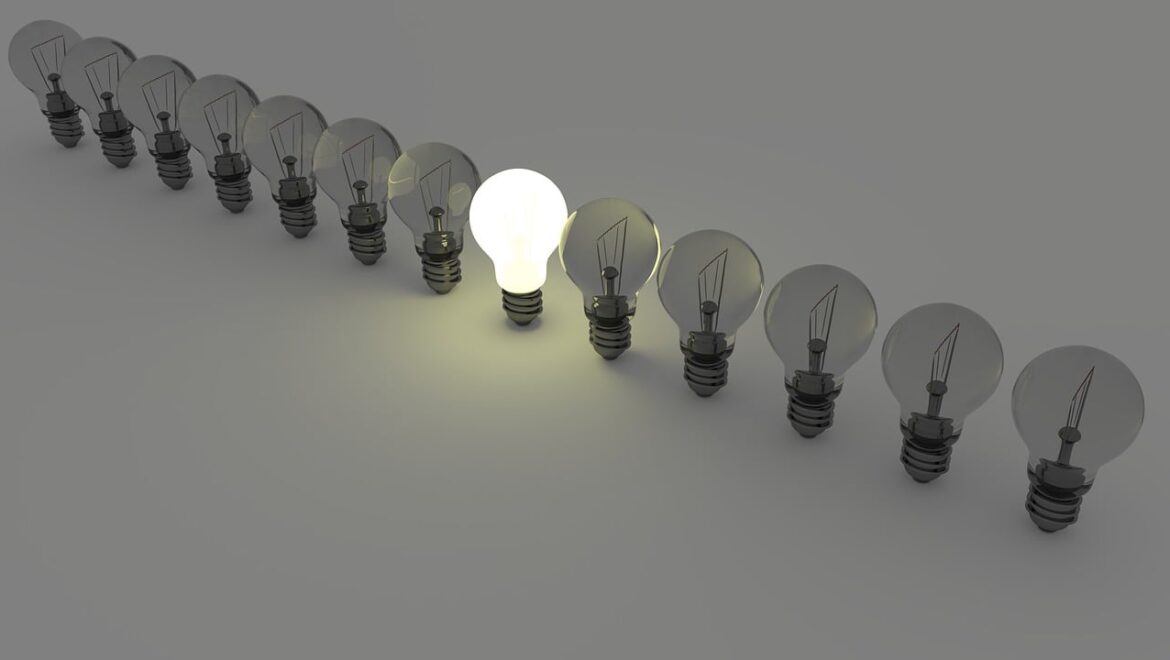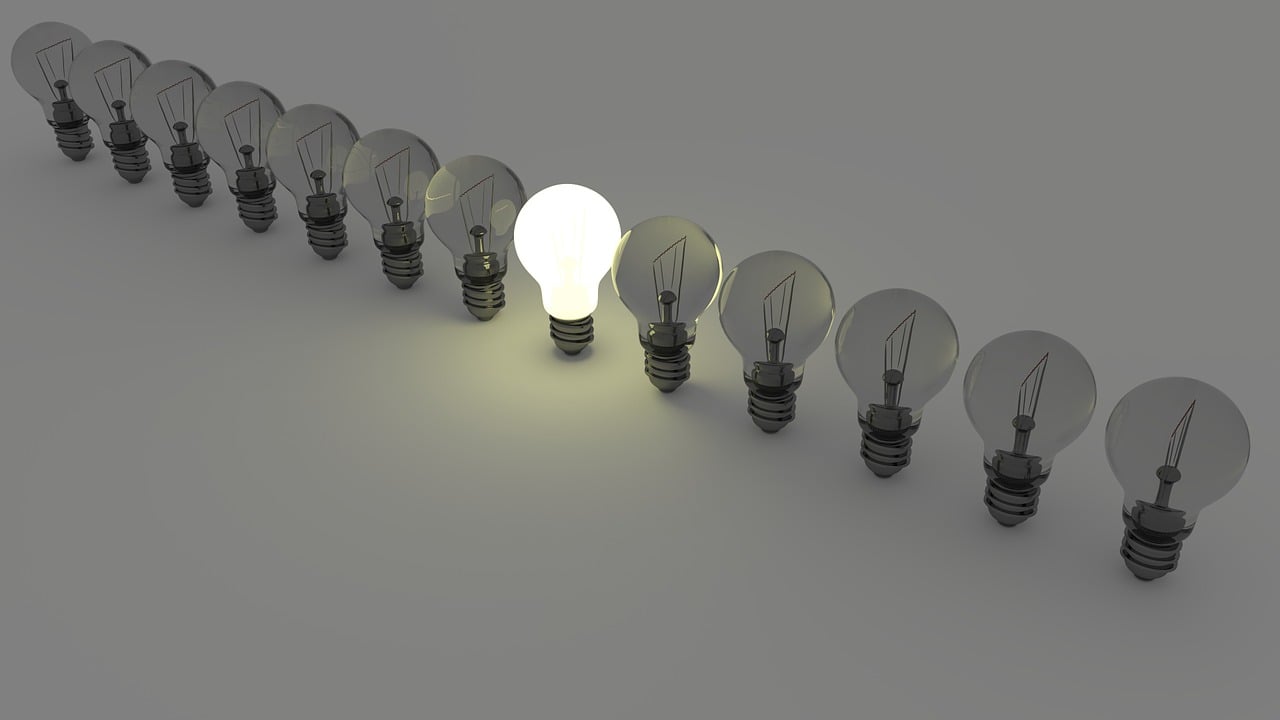Simple Ways to Recharge at Work Without Losing Momentum
Some mornings, it feels like the day starts before I’ve even opened my eyes. I’m half-awake, checking emails, already thinking about what’s waiting for me. By the time I sit down at my desk, I’ve been switched on for hours. Then somewhere in the middle of it all, the focus fades. My neck’s tight, my head feels foggy, and even simple tasks start to drag.
That’s the sign it’s time to pause. Not stop completely—just pause long enough to get my balance back. Most people think rest happens after work, but the truth is, it needs to happen during it too. Small breaks through the day don’t waste time; they help you stay sharp and steady. Managing stress at work isn’t about slowing down. It’s about knowing when to take a breath so you can keep going without running dry.
Take a Minute to Notice
Mindfulness sounds complicated, but it’s really just paying attention to what’s happening now. Between tasks, sit still for a few moments. Breathe in deeply. Notice your feet on the floor and the way your shoulders sit.
You don’t need silence or soft music. Just a few seconds that belong to you. Next time you walk to a meeting, leave your phone where it is. Notice the sounds around you, the light in the hallway, maybe even a smell from someone’s lunch. Those tiny moments of awareness pull you back into the present, and that’s where real focus starts.
Move a Little
When your mind starts to wander, move your body. Stand, stretch, roll your neck, walk to refill your water. You don’t have to call it exercise—just movement.
If you’ve got a colleague nearby, take the chat outside or down the corridor. Some of the best ideas show up when you’re walking, not staring at a screen. Even a two-minute stroll can reset your breathing and clear the fog. It’s small, but it helps.
Let Yourself Create
Doing something simple and creative gives your mind a bit of space. Doodle on a scrap of paper, build a playlist, or jot down a few loose thoughts you’ve been carrying around.
You’re not trying to make anything special. You’re just giving your brain a different view. Funny how the answers often show up once you stop forcing them.
Talk to Someone
A quick chat can lift your energy more than another coffee ever will. Step away from your desk. Ask someone how their day’s going. Listen properly. Share a laugh if you can.
It doesn’t have to be a deep conversation. Just connection. It breaks the tension and reminds you that you’re part of a team, not doing it all alone.
Step Outside
If there’s sunshine, take it. Eat lunch near a window or head outdoors for a few minutes. A bit of natural light or fresh air can do wonders.
You’re not escaping work; you’re giving your body a reset. Even a short moment with trees or open air helps you breathe easier. Nature doesn’t fix everything, but it makes the day feel a bit softer.
Put Boundaries Around the Noise
Constant notifications make it feel like work never ends. Try checking messages at set times instead of reacting to every ping.
When it’s lunchtime, flip your phone face down. Let your brain have a real break. And when the workday’s done, let it end. That quiet space before the next day starts matters more than most people realise.
It’s not laziness. It’s looking after your energy.
Are you a psychologically safe manager? Take the self assessment to find out.
Build What Works for You
There’s no one right way to unwind. What works for one person might not work for another. The trick is to find what gives you energy back—and keep doing it.
Maybe it’s a short walk, a few deep breaths before meetings, or eating somewhere other than your desk. Keep it simple, easy, and real.
The best workplaces aren’t the ones that never stop. They’re the ones that make space for people to recover. When teams know how to pause, they stay focused longer, care more, and burn out less.
If your team wants to learn how to do that, consider workplace mental health training. It teaches practical ways to handle stress, communicate better, and recover before burnout takes hold.
Because rest isn’t wasted time. It’s what keeps everything else working.

Peter Diaz is the CEO of Workplace Mental Health Institute. He’s an author and accredited mental health social worker with senior management experience. Having recovered from his own experience of bipolar depression, Peter is passionate about assisting organisations to address workplace mental health issues in a compassionate yet results-focussed way. He’s also a Dad, Husband, Trekkie and Thinker.














 Peter Diaz is the CEO of
Peter Diaz is the CEO of 
 Peter Diaz is the CEO of
Peter Diaz is the CEO of